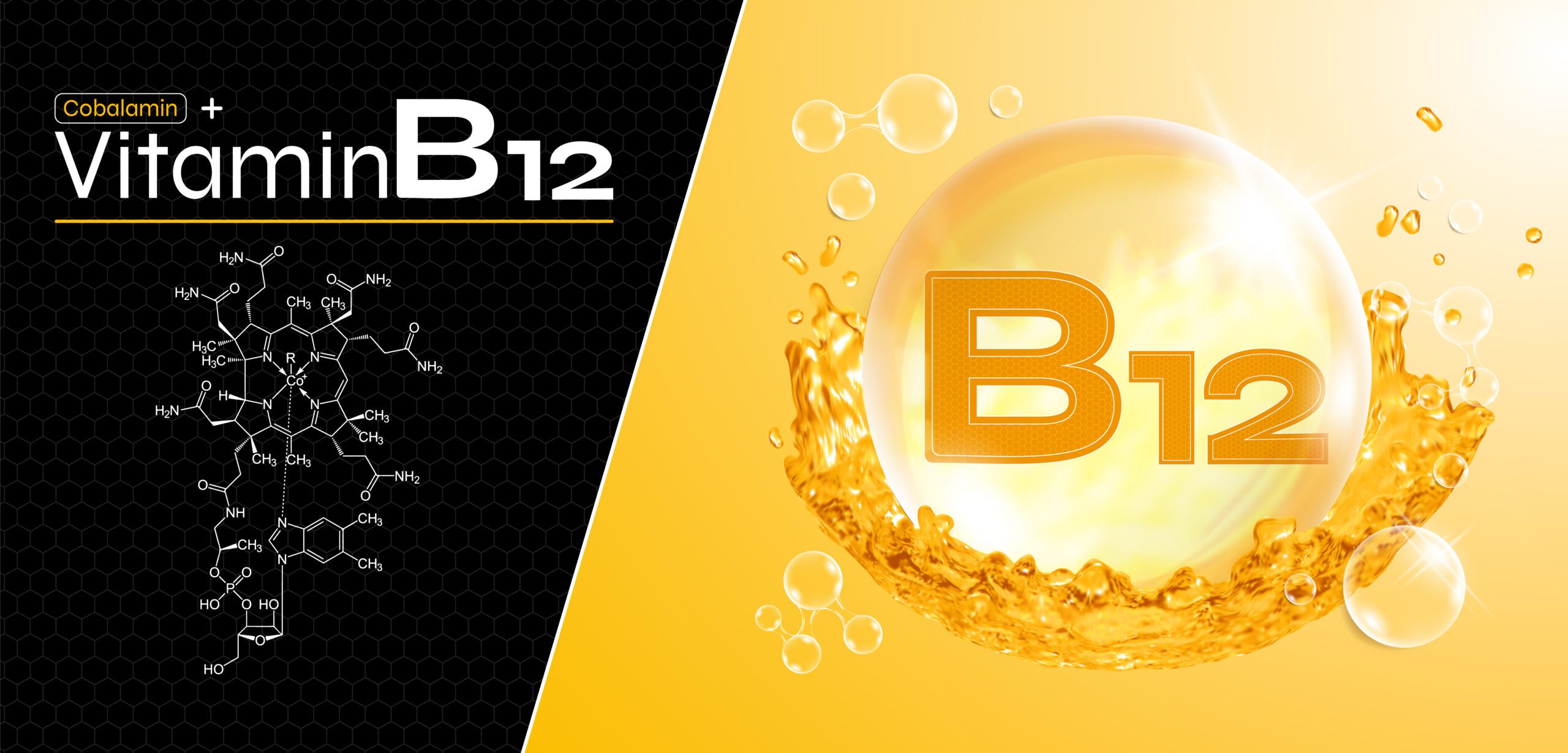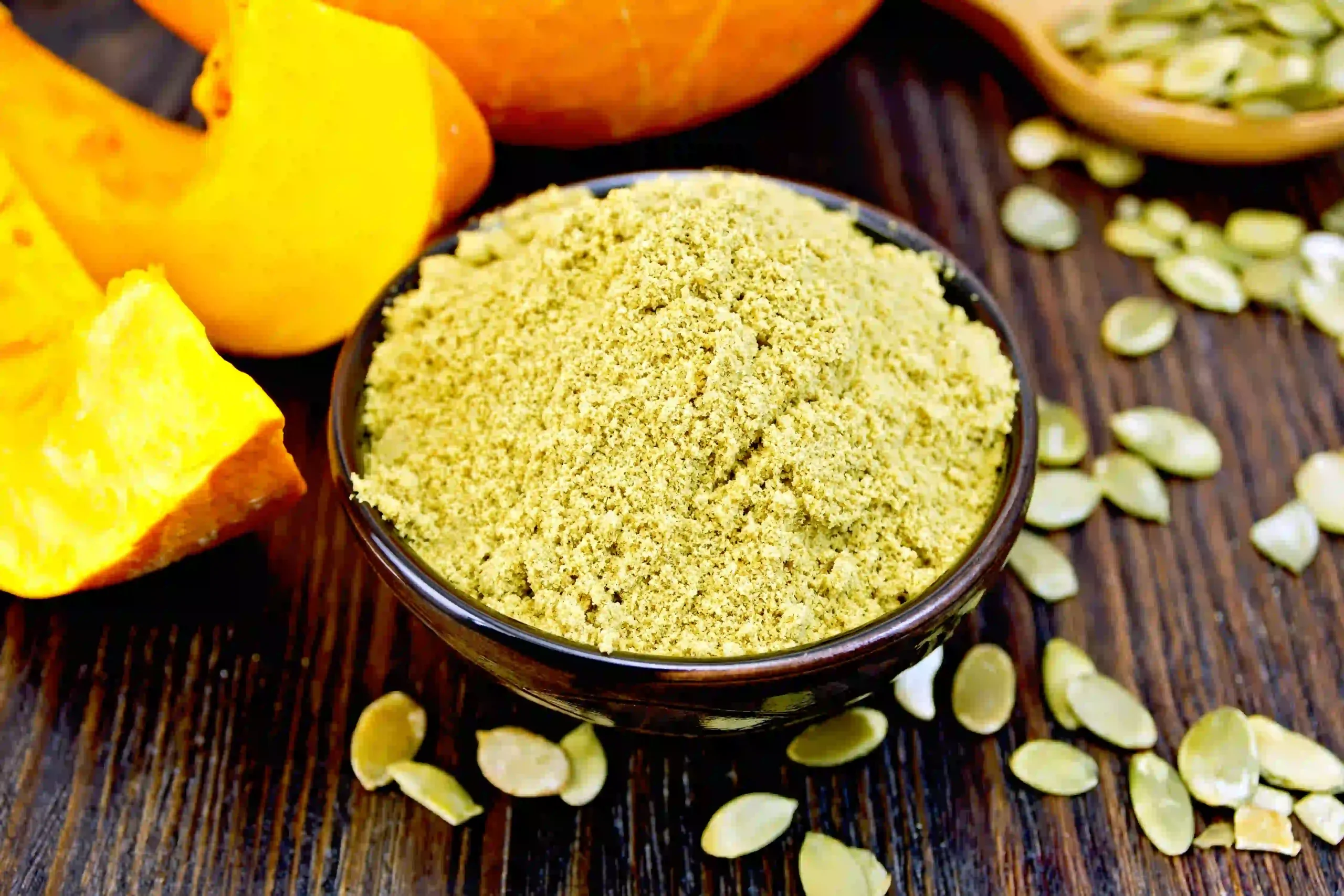Phenolic Acids in Chicory Boost Aerobic Endurance
Brussels chicory, a vegetable rich in phenolic acids, has been linked to potential cardiovascular benefits, particularly in inhibiting atherosclerosis. However, its effects on exercise performance and post-exercise recovery have remained unexplored until now. A recent study hypothesized that Brussels chicory could improve exhaustive aerobic exercise performance and aid in post-exercise recovery by enhancing lactate oxidation.
The research, designed as a single-blind, randomized, placebo-controlled two-way cross-over trial, involved 32 untrained college students, including 18 men. Participants consumed either Brussels chicory juice (100 g of Brussels chicory containing approximately 130 mg phenolic acids mixed with 180 mL fresh milk) or a placebo (180 mL fresh milk) for seven days, with a two-week washout period between treatments.
On the seventh day of each treatment period, participants underwent a short-term, progressive workload, high-intensity, exhaustive aerobic exercise following the Bruce protocol. The researchers measured time to exhaustion and blood lactate levels after exercise to evaluate performance and recovery.
The results were promising. Brussels chicory consumption increased time to exhaustion by 8.3% for male participants and 12.2% for female participants. Moreover, it promoted post-exercise recovery, as evidenced by a reduction in blood lactate levels – 14.5% for men and 10.6% for women.
To delve deeper into the mechanisms behind these effects, the researchers conducted in vitro studies using C2C12 myotubes. They treated these muscle cells with Brussels chicory phenolic acids at concentrations ranging from 0.625 to 10 μM. The focus was on evaluating the effects on lactate metabolism and two key enzymes: lactate dehydrogenase A (LDHA), responsible for lactate biosynthesis, and lactate dehydrogenase B (LDHB), which facilitates lactate oxidation.
Interestingly, the phenolic acids found in Brussels chicory, particularly protocatechuic acid and caffeic acid, did not affect LDHA-mediated lactate production. However, these compounds dose-dependently promoted LDHB-mediated lactate oxidation by enriching mitochondrial LDHB.
Based on these findings, the researchers concluded that dietary supplementation with Brussels chicory may enhance performance in short-term, progressive workload, high-intensity, exhaustive aerobic exercise and improve post-exercise recovery in humans. The proposed mechanism for these benefits is the acceleration of LDHB-mediated lactate oxidation.
Commentary by SuppBase columnist Alice Winters:

This study on Brussels chicory’s potential as an exercise performance enhancer is both intriguing and promising. As a supplement and health product commentator, I find several aspects of this research particularly noteworthy.
First, the choice of Brussels chicory as the subject of study is refreshing. While many performance-enhancing supplements focus on synthetic compounds or well-known natural extracts, exploring the potential of a common vegetable adds a new dimension to the field of sports nutrition. This approach aligns well with the growing consumer trend towards natural, food-based supplements.
The study’s design is robust, employing a randomized, placebo-controlled, cross-over methodology. This approach significantly reduces the potential for confounding variables and increases the reliability of the results. However, it’s worth noting that the sample size of 32 participants, while adequate for an initial study, is relatively small. Future research with larger cohorts would be beneficial to confirm these findings.
The observed improvements in exercise performance – 8.3% for men and 12.2% for women in time to exhaustion – are substantial. These gains could translate to significant real-world benefits for athletes and fitness enthusiasts. Moreover, the gender difference in response is intriguing and warrants further investigation.
The reduction in post-exercise blood lactate levels is another crucial finding. Faster lactate clearance could lead to improved recovery times, allowing for more frequent or intense training sessions. This aspect could be particularly appealing to both competitive athletes and regular gym-goers looking to optimize their workout routines.
From a mechanistic standpoint, the study’s exploration of lactate metabolism through in vitro experiments adds depth to the findings. The identification of LDHB-mediated lactate oxidation as a potential mechanism provides a plausible explanation for the observed effects and opens avenues for further research.
However, it’s important to note some limitations. The study focused on untrained college students, and the results may not be directly applicable to trained athletes or older individuals. Additionally, the short-term nature of the supplementation (7 days) leaves questions about the long-term effects and optimal dosing strategies.
From a product development perspective, this research presents exciting possibilities. A Brussels chicory-based supplement could be marketed as a natural, food-derived performance enhancer. However, formulation challenges may arise in concentrating the active phenolic acids while maintaining palatability.
Safety considerations are crucial. While Brussels chicory is a common food, concentrated extracts may have different safety profiles. Future studies should include comprehensive safety assessments, especially for long-term use.
In conclusion, this study on Brussels chicory opens up a promising new avenue in sports nutrition. Its natural origin, significant performance benefits, and potential for improving recovery make it an attractive candidate for further research and product development. However, as with any emerging supplement, more comprehensive studies are needed to fully understand its efficacy, optimal use, and long-term safety profile. As the sports nutrition market continues to evolve, natural, food-derived supplements like Brussels chicory extract could play an increasingly important role in supporting athletic performance and recovery.



